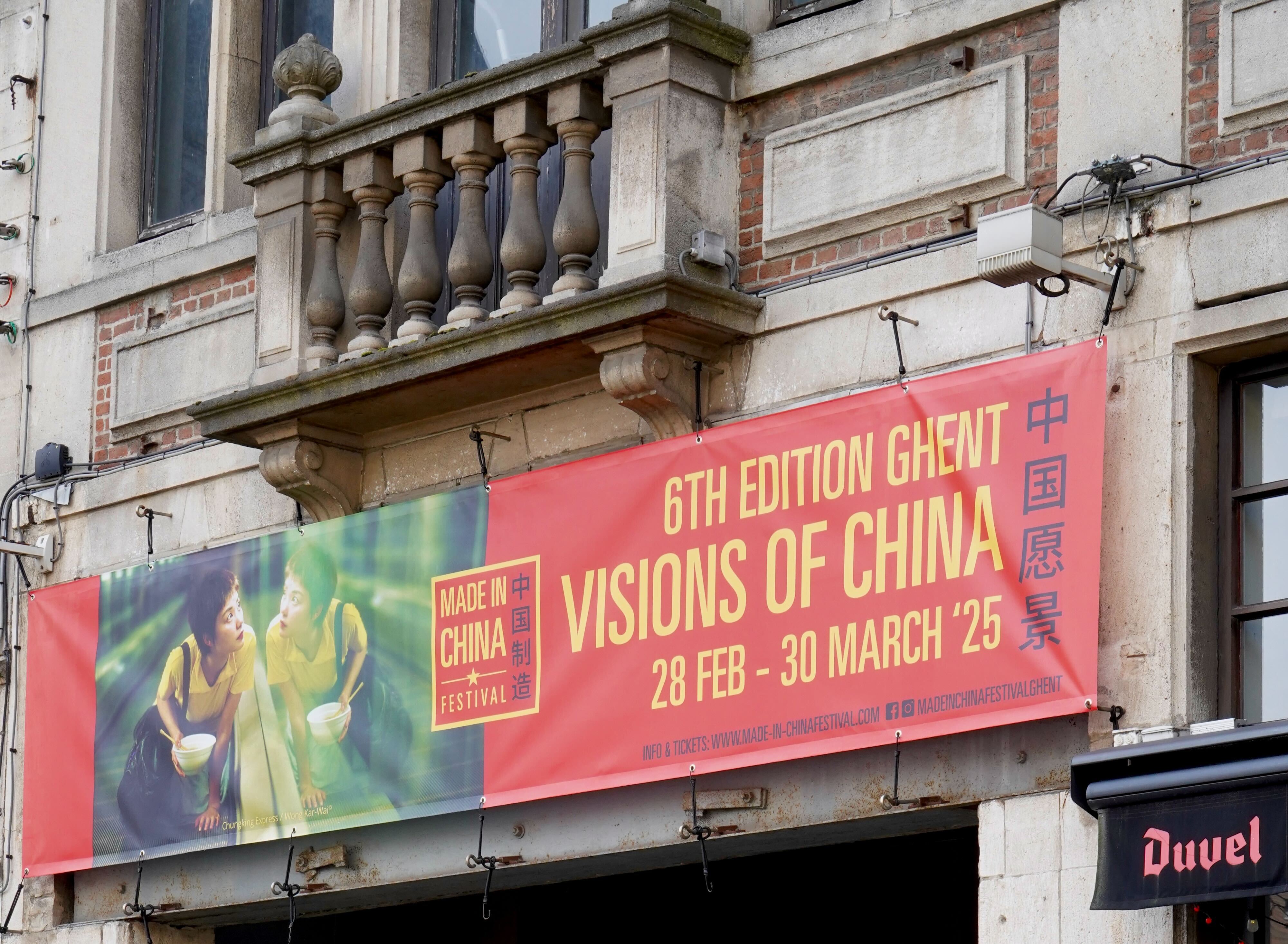When you’ve got around 3,000 years of material to wade through, it can be hard to pick out a few key people of verse. But here — in honour of World Poetry Day — are three interesting figures whose prose you may not know and who we think make for good starting points if you’re planning a deep dive into the world of Chinese poetry.
Ancient Poet: Li Qingzhao

Born into a literary family, Li found renown while still a teenager for her carefree, song-like poems. The tone of her work changed dramatically over her lifetime however, reflecting the death of her husband during their escape from Juchen forces and her subsequent exile in Zhejiang.
Here’s her “To the Tune of The Song of Peace”:
Year by year, in the snow,
I have often gathered plum flowers,
intoxicated with their beauty.
foundling them impudently
I got my robe wet with their lucid tears.
This year I have drifted to the corner
of the sea and the edge of the horizon,
My temples has turned grey.
Judging by the gust of the evening wind,
There’s hardly a chance that I will be able
enjoy the plum blossoms.
Related:
 Click-through: Lyrical Suicide Notes and an Ancient Poetry MatrixArticle Aug 03, 2018
Click-through: Lyrical Suicide Notes and an Ancient Poetry MatrixArticle Aug 03, 2018
Revolutionary Poet: Qiu Jin

Such revolutionary fire didn’t sit well with everyone however – she was ultimately beheaded in public in her home town by imperial forces in 1907, having been captured ahead of a planned uprising in Anqing in Anhui province.
Here’s a translation of her poem “Capping Rhymes with Sir Ishii From Sun’s Root Land”, credited to Florence Ayscough:
Don’t tell me women are not the stuff of heroes,
I alone rode over the East Sea’s winds for ten thousand leagues.
My poetic thoughts ever expand, like a sail between ocean and heaven.
I dreamed of your three islands, all gems, all dazzling with moonlight.
I grieve to think of the bronze camels, guardians of China, lost in thorns.
Ashamed, I have done nothing; not one victory to my name.
I simply make my war horse sweat. Grieving over my native land hurts my heart. So tell me; how can I spend these days here?
A guest enjoying your spring winds?
Related:
 Food Delivery Driver Crowned Champion of CCTV’s “Chinese Poetry Competition”Article Apr 06, 2018
Food Delivery Driver Crowned Champion of CCTV’s “Chinese Poetry Competition”Article Apr 06, 2018
Modern Day Poet: Yu Xiuhua
Of course, some of modern day China’s most famous poets are ones you won’t find much trace of on the Chinese internet.
Lesser known outside of the country is Yu Xiuhua. In late 2014, the previously unknown poet from a small village in Hebei province shot to nationwide fame when her poem “Crossing Half of China to Sleep With You” was published by literary scholar Shen Rui via his Poetry Periodical.
On WeChat, Shen likened Yu’s work to that of Emily Dickenson and soon publishers were scrambling for her signature. It didn’t take Yu long to release an anthology. “Crossing…” was one of just thousands of poems that she had written since dropping out of school due to suffering from cerebral palsy.
“Crossing…” remains her most famous work however, and it was even turned into a performance art piece by Christopher Winkler and Naishi Wang, who also highlighted some of the issues inherent in poetry translation. Here’s Mind Di’s translation of the poem that made Yu 网红 (“internet famous”):
To spend or to be spent, what’s the difference if there is any? Two bodies collide
— the force, the flower opened by the force, and the virtual Spring brought by the flower — nothing more than this,
and this we mistake as life restarting.
In half of China, things are happening:
volcanoes erupt, rivers run dry,
political prisoners and displaced workers are abandoned,
elk deer and red-crowned cranes get shot.
I cross the hail of bullets to sleep with you.
I press many nights into one morning to sleep with you.
I run across many of me and many of me run into one to sleep with you.
Of course I can be misguided by butterflies and mistake praise as Spring, and a village similar to Hengdian as home.
But all these are absolute
reasons that I spend a night with you.
Cover photo: Yi Huang as Qiu Jin in the film The Woman Knight of Mirror Lake.


















